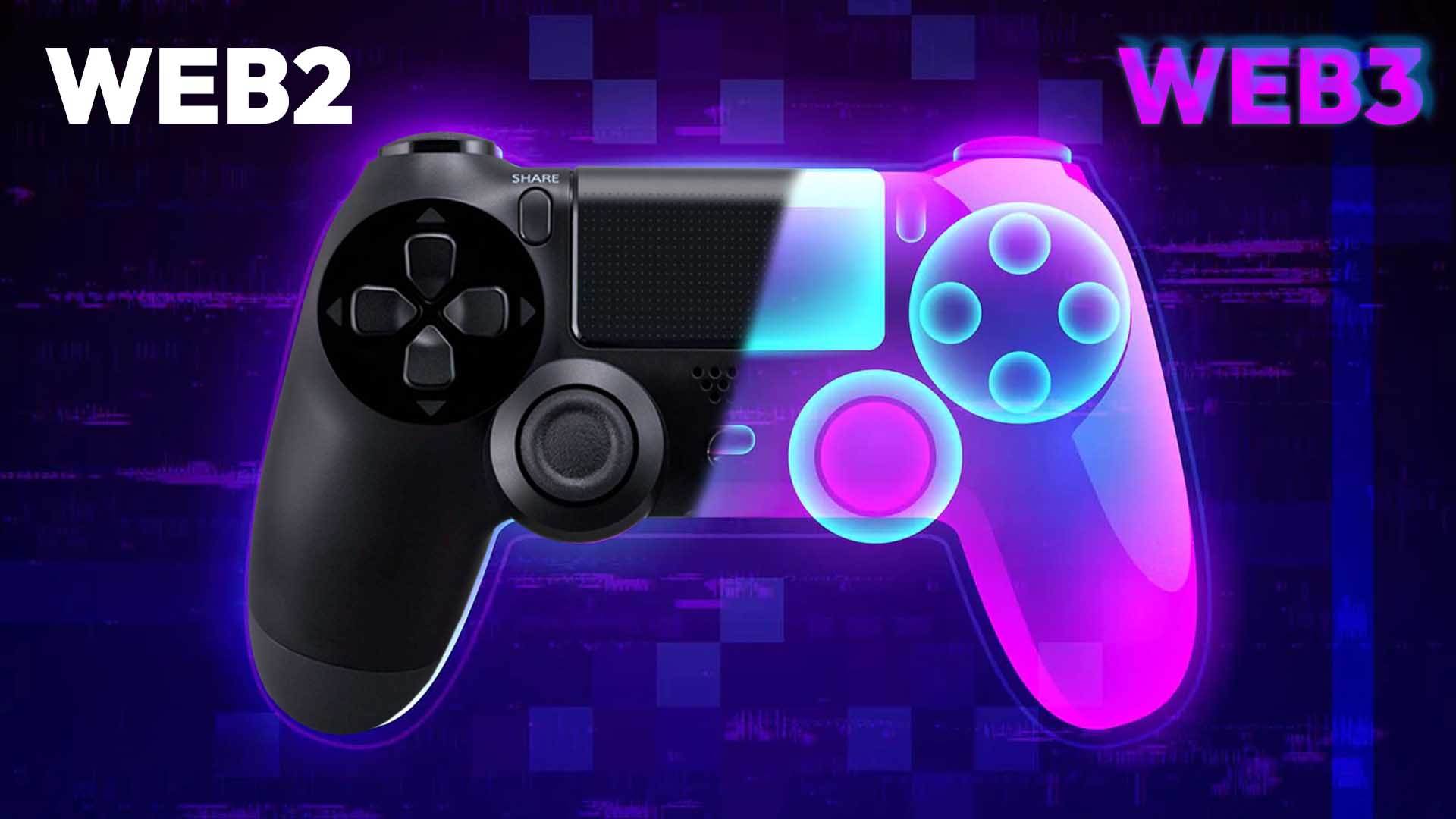Sui Network has experienced a significant surge in daily transactions, thanks to a straightforward blockchain game. On July 17, the Sui blockchain witnessed a staggering 258 million transactions on its highly captivating Web3 game called Sui 8192.
This sliding tile game resembles the popular 2014 browser-based puzzle game 2048. Players engage by employing their arrow keys to shift and merge tiles until they reach a tile value of 8192. This captivating game was initially introduced to the public in October 2022.
Sui 8192, despite being a straightforward game, presents immense potential for the gaming industry. The game’s ubiquity as an on-chain game allows it to be played on any internet-connected device.
Additionally, it persists as a digital asset within its player’s collection. Although the act of trading or gifting a played game may offer limited practicality, this capability serves as a model for other applications, including collaborative productivity tools.
Sui Leaves Solana in the Dust
Some data platforms claim that Sui has surpassed Solana regarding network activity with this game.
Artemis revealed that the transaction count of the blockchain has recently exceeded 20 million, surpassing Solana’s 16 million daily transactions. However, it should be noted that Artemis used a distinct methodology to calculate the daily transactions for the Sui Network. The company explained that it counts transaction blocks for the network instead of individual transactions when comparing it with Ethereum and other blockchain networks.
Sui 8192 Carries the Sui Network on Its Shoulders
The remarkable network activity on the blockchain is now being fueled by this game, becoming a significant driving force. Ethos, the wallet maker, created the game and mints it on the blockchain as an NFT upon completion. The purpose of the game is to generate interest in Web3.
Besides this game, the blockchain also hosts other remarkable titles, such as Abyss World, Cosmocadia, and Orange Comet. They fall under the genre of high fantasy action games.
Former Meta employees developed Sui and its Move language. The blockchain can process transactions concurrently instead of arranging them in an ordered list within blocks. This feature is unlike Bitcoin and Ethereum, which belong to the first generation of blockchains.
 Lifted A.
Lifted A.











